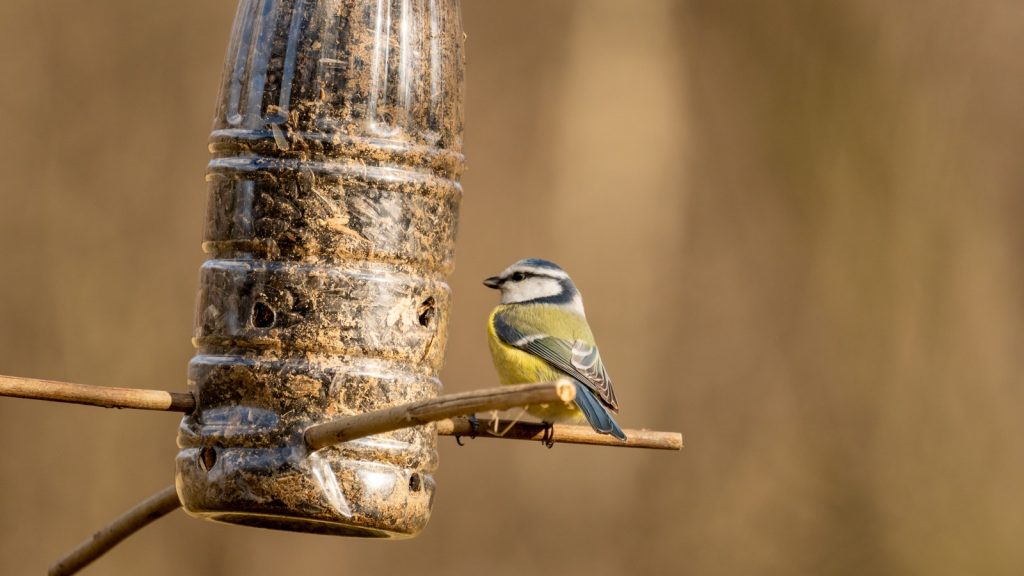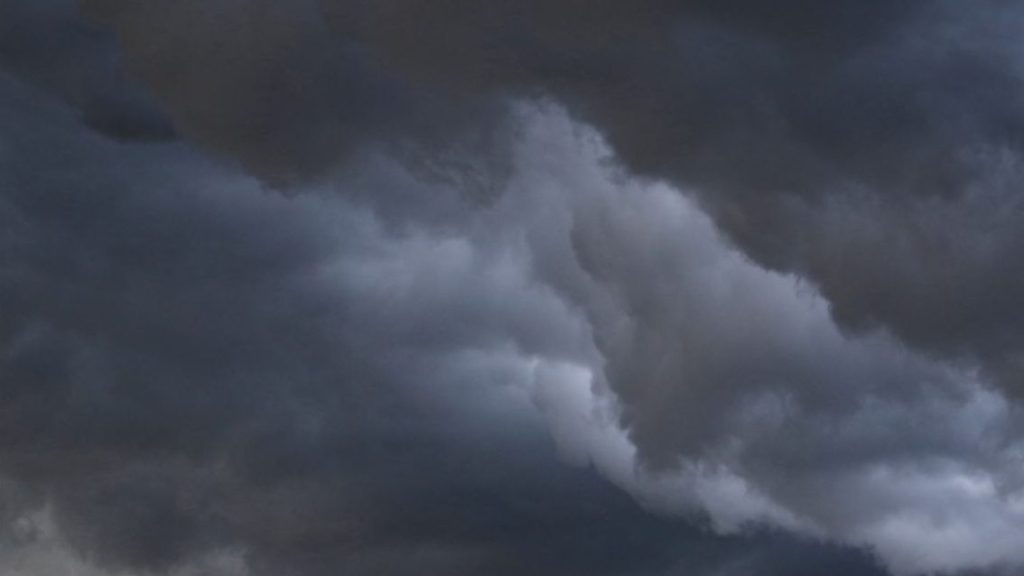Expert unsure of impact of removing bird feeders in avian flu fight

Posted May 10, 2022 9:24 pm.
Last Updated May 10, 2022 9:40 pm.
The threat of a highly contagious strain of avian influenza impacting birds across North America has farmers, zoos and wildlife conservation groups on high alert.
According to the Canadian Food Inspection Agency, poultry and egg farmers have now lost more than 1.7 million birds so far. Because the virus is so contagious, farmed birds that come into contact with the virus have to be humanely euthanized to prevent the spread.
Professor Mark Boyce says when it comes to wild birds, he came across a snow goose suspected to have died from the virus just last week. The University of Alberta professor and the Alberta Conservation Association’s chair in fisheries and wildlife says the avian flu is quite common in waterfowl, like Canadian geese.
“Some of them even have the virus but not showing symptoms, just like the COVID situation we’ve been dealing with” says Boyce, “and so, those birds can transmit the virus.”
The Edmonton Valley Zoo (EVZ) has kept its birds largely indoors this spring, away from wildlife and the public.
Dr. MJ Limoges is a veterinarian at the zoo and says she made the call to sequester the birds a month ago when the numbers began to grow as migratory birds made their spring trek north.
She says a large reason for to need to keep the public away is the large number of Canadian geese who visit the EVZ.
“Because the virus is shed in bird droppings,” Limoges laughs, “I’m sure no one does it on purpose, but they inadvertently step on wild bird dropping, and then they might carry the droppings on the soles of their shoes.”
https://www.facebook.com/edmontonvalleyzoo/videos/715749212954756/
She hopes the public can understand the need to keep the birds safe, but also learn from their quarantine about the threats of the avian flu. She is watching the case numbers to see if when the virus will have run its course, unsure when the birds will be back in the public viewing area.
Alberta’s wild bird monitoring has confirmed deaths related to the virus in waterfowl, owls, hawks, magpies and even a peregrine falcon.
While some agencies, like the BC SPCA, have raised concerns about bird feeders contributing to the spread of the avian flu, Boyce says songbirds that use the feeders are generally at lower risk of the virus.
But the ecologist says there’s another reason to consider removing your bird feeder: spread of salmonella.
“It’s a matter of the time of year,” Boyce says while bird feeders don’t pose a risk during the colder months, once the weather warms up bird droppings in and surrounding the feeder can breed bacteria like salmonella. Birds run the risk of eating contaminated seeds.
At this time, the Canadian Food Inspection Agency says when it comes to the avian flu and bird feeders, in a statement saying they “should be removed from areas that are open to small flocks and pet birds and other animals.
“If used in other contexts, backyard bird feeders and baths should be periodically cleaned and anyone who comes in direct contact with bird droppings should thoroughly wash their hands with soap and warm water.”
The agency also discourages coming into contact with wild birds, either through feeding or touching.
Due to the outbreak, the government of Alberta asks dead waterfowl or raptors (hawks, owls, falcons), corvids (raven, magpie, crow) or gulls be reported toll-free at 310-0000.
– With files from the Canadian Press








